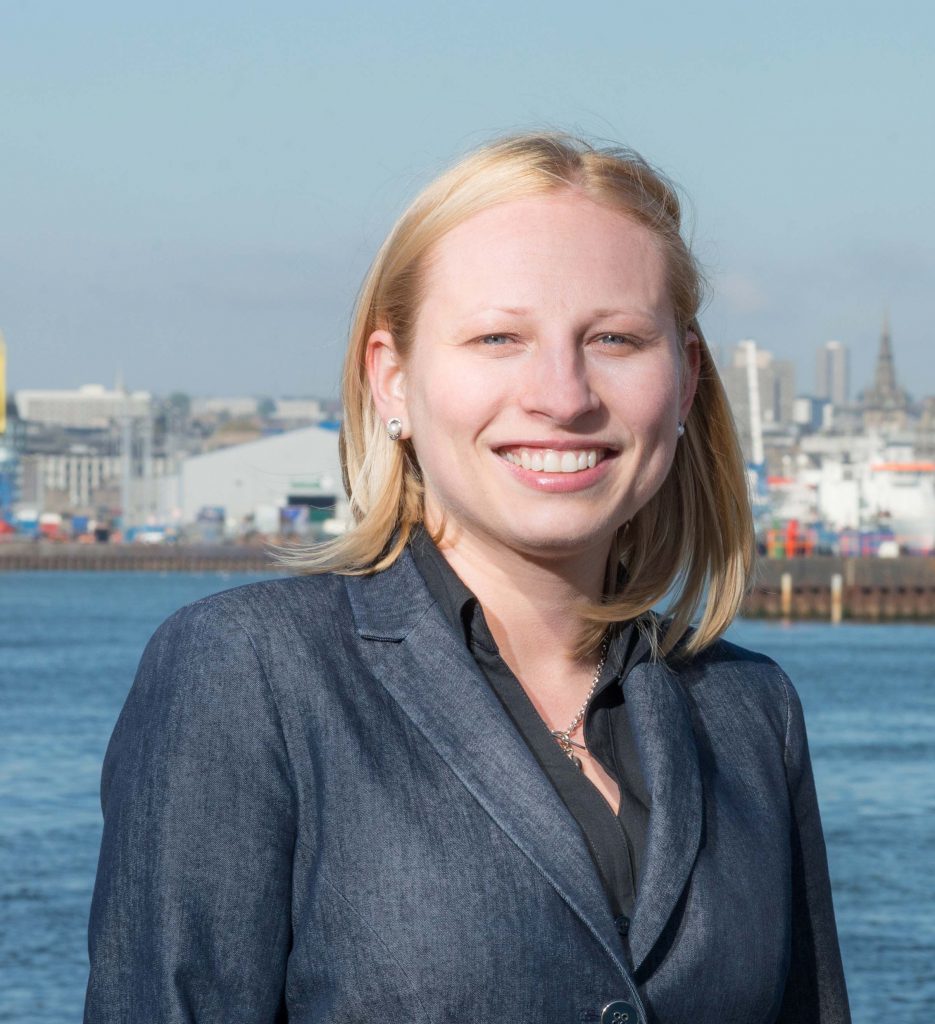
A recent survey by EY highlighted the importance of diversity during this challenging time within the oil and gas sector. More than ever, there is an awareness of the importance of adapting to new industry norms, pricing/business models and retaining talent. Gender diversity is a topic that impacts on the sector, we operate in, as well as hitting the headlines in salary gender gap news.
The percentage of women in senior roles is slowly growing across industries worldwide. The “glass ceiling” and gender stereotypes: women “take care” – men “take charge” still separates women from top leadership roles, viewing men as default business leaders. With 11% of the top global oil and gas senior executives being women, it is obvious there is more that needs to be done to attract and recruit women into senior executive and leader positions.
The career route I have taken so far came from building up expertise during my time with global firms. I have now gone on to become co-founder of a consultancy, propelling myself into a leadership role, fortunately with no question from my co-director of what I can offer the business.
The aim of setting and reaching specific goals, was and still is, one of my main personal drives. Graduating with a Bachelor of Science degree in Management and Marketing, followed by a Master of Science degree in International Relations from the Cracow University of Economics helped me focus on my dream. With this vision, I moved to Scotland and in 2011 I graduated with a prestigious MBA degree from the University of Aberdeen. It was the beginning of an exciting journey I still continue today.
My work experience within oil and gas was dominated by male leaders. For me, this starkly illustrated how the industry lacks gender diversity, particularly at the senior level. Is it because of the apparent perception that talented women never join the industry or they drop out at the very early stages of their career? As American technology executive, activist, and author, Sheryl Sandberg’s famous quote goes: “What would you do if you weren’t afraid?”
History shows that women leaders are used to fighting the system, questioning corporate structures and procedures, pushing against habits and proposing innovative solutions to get ahead. My best advice: don’t be afraid to think outside the box, have the courage to break the rules and question the status quo.
Recognizing, gaining commitment and embracing the need for change within an organisation is always the biggest challenge. Companies resist change as they become comfortable with the way the business is run. The truth is, businesses with a diverse workforce are better positioned to adapt and manage uncertainty and a rapidly changing global business environment. Internal mentoring, coaching and sponsoring programs, widely adopted across Fortune 500 companies, are powerful tools not only to support employees career development or knowledge transfer but also helps to retain talent, develop leaders and gain commitment.
We know that more than 60% of the world’s oil and gas transmission pipelines are over 40 years old, and in need of rehabilitation. These subsea assets are not concerned about gender, so it is not something that should ever be a focus. Nevertheless, statistics show that it is still a talking point and an issue throughout the industry. I believe that as the oil and gas workforce adapts, so too will the ways in which we work and attract talent. It shouldn’t be a question of male or female – simply who is best at the task in hand.
Aleksandra Tomaszek is chief operating officer of 1CSI, a subsea integrity consultancy. She is a member of the Project Management Institute and Institute of Directors.
